Imagine you're watching your coworker give a presentation at work. As they're speaking, you notice them squinting at the letters on the screen, struggling to find the right words to say.
 You're aware that your coworker has dyslexia, and you can tell they're worried about others noticing. What would you do?
You're aware that your coworker has dyslexia, and you can tell they're worried about others noticing. What would you do?
With the proper support and accommodations, people with dyslexia can be successful in all work environments.
Recognizing dyslexia characteristics and learning strategies to respectfully help your coworker will allow you to support them in your work environment.
What is Dyslexia?
Dyslexia is a learning disorder that impacts how the brain processes language. This leads to difficulties with reading, writing, and speaking. You might notice dyslexia characteristics in your coworker such as:
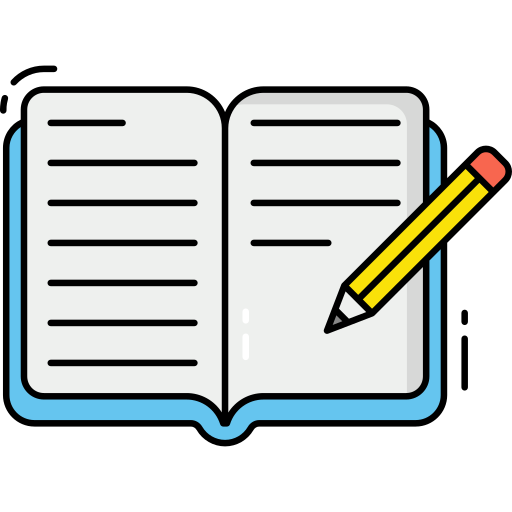
1. Slow Reading or Writing
Many people with dyslexia need more brain power to read or write words, which takes more time.

2. Needing Directions Repeated
When multiple steps are spoken aloud, people with dyslexia may have difficulty remembering each direction.
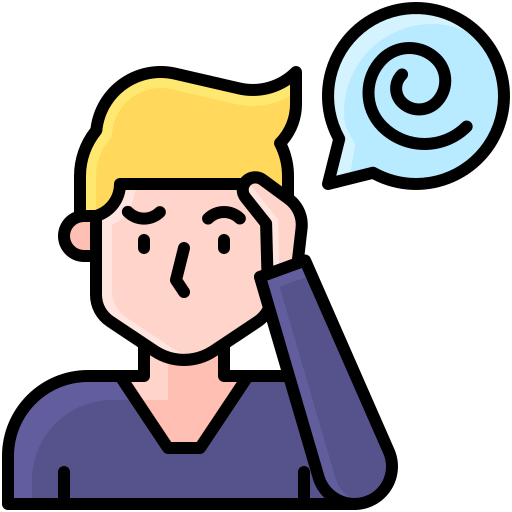
3. Lack of Focus and Time Management
Especially when there are lots of noises and distractions, many people with dyslexia have trouble staying on task and meeting deadlines.
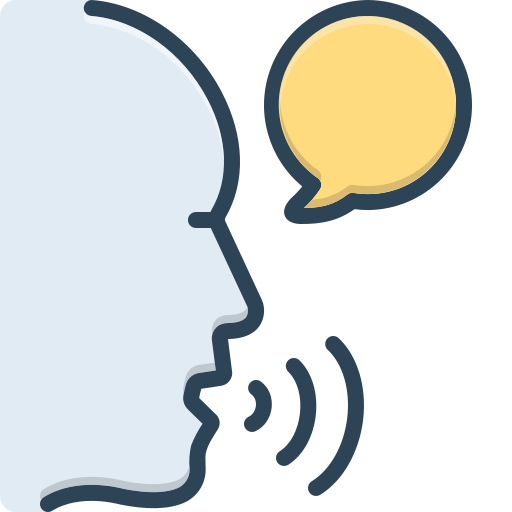
4. Difficulty with Spoken Language
People with dyslexia may struggle to find the right words, which makes it difficult to participate in discussions.
Myths About Dyslexia in the Workplace
Myth: People with dyslexia aren't smart.
Truth: Dyslexia doesn't affect intelligence. Many intelligent people that have dyslexia and other learning disorders are successful in their work environments with the right support and accommodations.
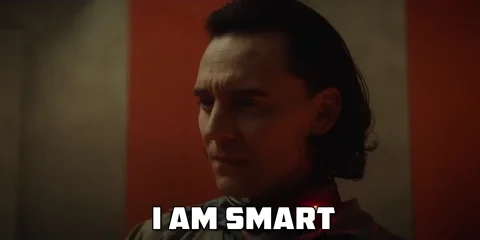
Myth: Dyslexia is caused by issues with vision and hearing.
Truth: Dyslexia is a language disorder that begins in the brain. Glasses or hearing aids won't help your coworker with dyslexia.

Myth: People with dyslexia read words backwards.
Truth: Letters can look mixed up at times, but your coworker isn't simply seeing letters in reverse.

Quiz
Which are true dyslexia characteristics? Choose all that apply:
Supporting Coworkers with Dyslexia
If your coworker is showing dyslexia characteristics, it's important to let them know that you support them by:
1. Providing Accommodations
There are many tools that can help people with dyslexia with written materials:
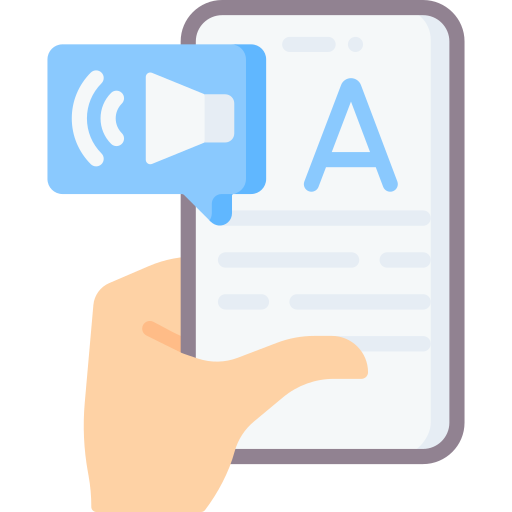
Text-to-speech: These tools read any text aloud and lets people record their voice.

Flexible deadlines: Give people with dyslexia appropriate time to complete tasks.

Clear fonts: Use fonts that are easy to read, like Calibri and Arial. Avoid italics.

Headphones: These help with focus by lowering noises and other distractions.
2. Fostering a Safe and Inclusive Space
It may be hard for your coworker to open up about their struggles with dyslexia. If they know they are in a space with supportive people they trust, they'll be more likely to ask for help when they need it.

3. Not Assuming They're Incapable
You don't want to make your coworker feel uncomfortable about their disability. Don't avoid giving them tasks just because they involve reading or writing. Empower and encourage your coworker to ask for help when needed!

Scenario

Amy is your coworker. She has recently shared with you that she has dyslexia, and she's having trouble reading some emails you sent her. What can you do to help Amy?
Quiz
Choose the best way(s) to help:
Take Action

If you want to help a coworker who's showing dyslexia characteristics:
Your feedback matters to us.
This Byte helped me better understand the topic.
